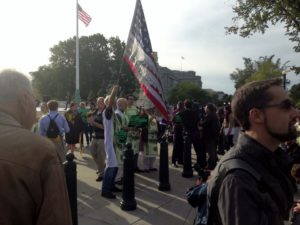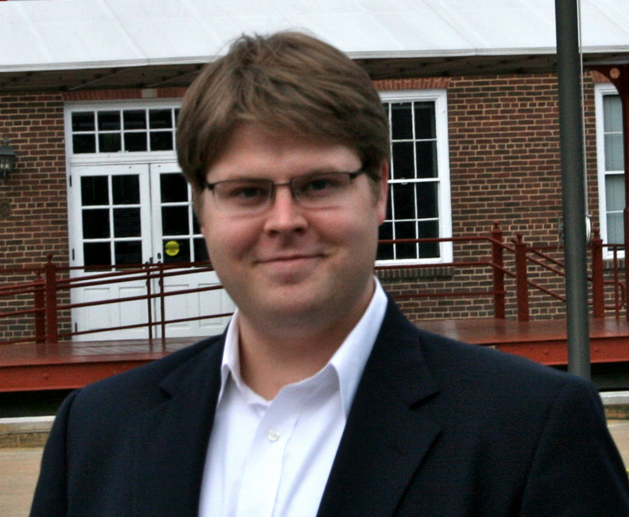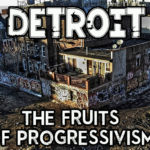Incumbents Stifle Contributions to Protect Themselves
The U.S. Supreme Court has a history of relying on politicians as authorities on campaign finance law, often deferring to their “expertise” in decisions that fundamentally impact political speech.
With any hope, the justices will take their first steps in remedying this misconception today when they hear the oral argument in this term’s blockbuster campaign-finance case, McCutcheon v. FEC.

The plaintiff, Shaun McCutcheon, is challenging biennial contribution limits enacted in 2002 as part of the campaign finance law known as McCain-Feingold. Although many are aware that individual contributions to candidates are capped at $2,600, few, including thirty-three attorneys, are cognizant of limits to the overall amount of contributions one can make during an election cycle.
Individuals are limited to contributing an overall amount of $74,600 to party committees and PACs, and $48,600 to federal candidates in the next election cycle. While most Americans do not have the means to contribute north of $120,000 to campaigns, at the heart of the case is a challenge to where politicians can set arbitrary limits on political expression.
Although supporters of aggregate limits claim that the limits help prevent corruption, an extensive search in the Congressional record yielded no relevant or persuasive record of debate on this point. In short, Congress arbitrarily set a limit on constitutionally protected speech with no evidence as to why this infringement was merited. Making matters worse, after the law passed, it quickly became clear that many of those who voted in favor of the bill did so while almost entirely ignorant as to what they were passing.
The truth is that the law included aggregate limit because it helped the incumbents who wrote the law.
Contribution limits usually harm challengers more than incumbents, because challengers have less of an established base from which to solicit contributions.
Hopefully, the Supreme Court will turn a critical eye on restrictions that impact political speech but benefit those who wrote them.
Bonus!
John Stossel produced an excellent segment with more information on campaign finance. Watch or listen today to learn more about an important issue to our constitutional republic.





